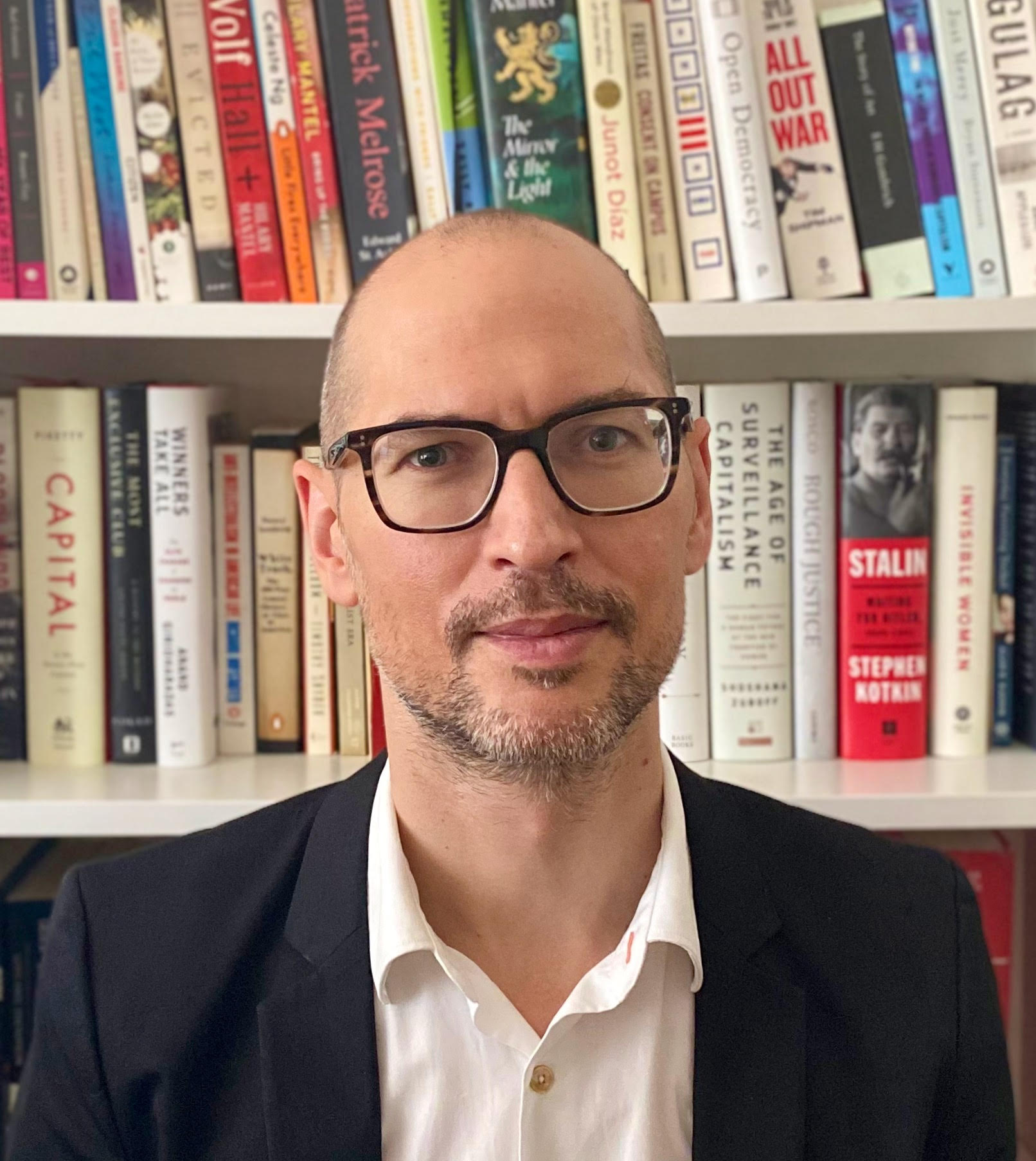The Marc Sanders Foundation and Oxford Studies in Political Philosophy join in congratulating Daniel Wodak as the winner of the 2023 Sanders Prize in Political Philosophy for his paper “One Person, One Vote.” This paper will be published in Oxford Studies in Political Philosophy.
Daniel Wodak’s “One Person, One Vote” powerfully challenges a widely endorsed slogan in democratic societies, arguing that no current account of the one person, one vote requirement can explain why presumptively undemocratic practices, such as plural voting and vote dilution, violate it. A defensible account of the requirement, the paper provocatively concludes, pushes us toward radical conclusions, such as the possibility that all district-based voting systems including those used in the US House of Representative, Senate, and Electoral College, violate this minimal demand of political equality.
Daniel Wodak is an Associate Professor of Philosophy and of Law at the University of Pennsylvania.
Abstract:
“One person, one vote” (OPOV) is a widely accepted axiom of democratic theory. But it is often left undefined, and when we look for definitions we find dissensus without debate. Worse yet, I argue, none of the four prominent accounts of OPOV in political science, law, and philosophy identifies a formal, procedural condition of political equality which explains why certain practices—plural voting and vote dilution—are inegalitarian. This makes what it means to have an “equal vote” or an “equal say” an urgent problem in democratic theory. I close by showing why OPOV, which is often taken to be a modest and minimal condition of political equality, may also turn out to be fairly radical.







